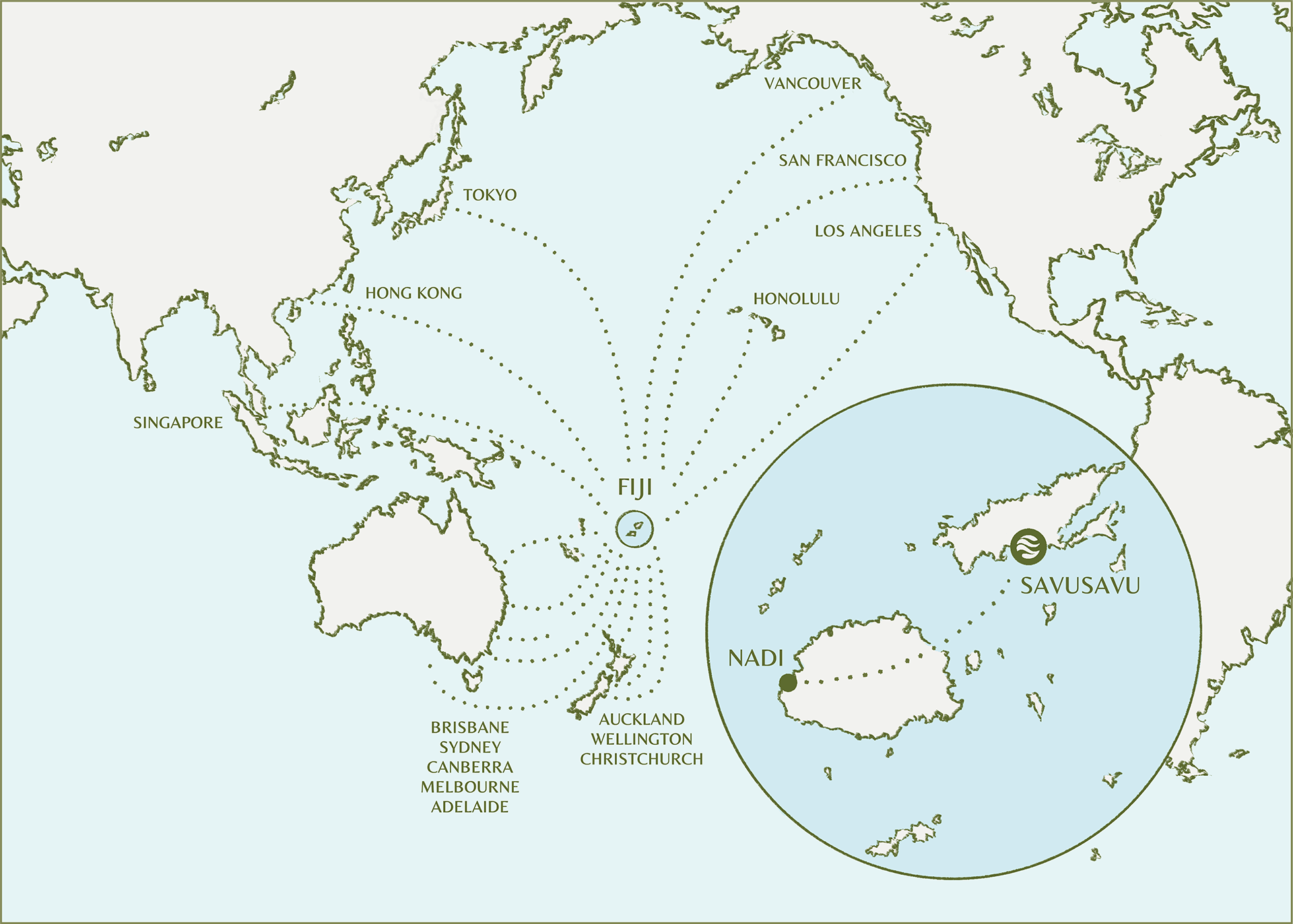STORIES
Flame Tree
Flame Tree
Characteristics
Tree, noted for its fern-like leaves and flamboyant display of orange-red flowers over summer. The compound (doubly pinnate) leaves have a feathery appearance, 30-50 cm long, with 20-40 pairs of primary leaflets, each divided into 10-20 pairs of secondary leaflets.
Distribution
Native and endemic to Madagascar. In many tropical parts of the world, it is grown as an ornamental tree.
Natural Medical Properties
The leaves, flowers, seed and bark of this plant contain a range of medicinally active compounds, though the leaves are generally the richest source of most of these compounds.
The plant is reported to have antibacterial, antidiabetic, antidiarrheal, antifungal, anti-inflammatory, antimalarial, antimicrobial, antioxidant, cardio-protective, gastro-protective, hepato-protective and wound healing activity. It is used in folk medicine to treat a range of disorders, including constipation, inflammation, rheumatoid arthritis, diabetes, pneumonia, and malaria.
The active compounds include flavonoids, alkaloids, saponins, sterols, beta-sitosterol, lupeol, tannins, carotenoids, and phenolic acids.
Flavonoids and triterpenes have been shown to have analgesic activities and the flavonoids are also powerful antioxidants.
The bark has medicinal properties.
An aqueous extract has shown emetic properties.
An aqueous extract of the flowers is active against roundworm.
The metabolite-rich fractions of the sequentially extracted flowers and seeds have shown antifungal activity against Aspergillus niger, Aspergillus flavus, Rhizopus Batticaloa and Fusarium auxospore.
A leaf decoction presumably has anti-rheumatic effects.
In eastern Nigeria the leaves are used traditionally for treating pain.
The leaves contain flavonoids, phenolic compounds, triterpenes and sterols. A methanolic extract of the leaves has shown a significant analgesic potential.
An ethanol extraction of the leaves has been shown to exert a cardio-protective effect, at least partly due to its vasodilatory and anti-inflammatory activity. It has also shown potential for improving liver and kidney functions whilst showing no negative side effects.
An essential oil obtained from the leaves has shown fungicidal properties.
Did you know?
| The flame tree is widely cultivated in tropical and subtropical regions and is regarded as naturalized in many of these locations. However, in the wild (in Madagascar), it is endangered. |
It is a non-nodulating member of the Fabaceae family.
Literature
World Flora Online
WorldChecklist of Selected Plant Families
A working list of all plant species
SUBSCRIBE
Stay up to date
To stay in touch and be inspired by our latest news & stories from Jean-Micheal Cousteau Resort Fiji, please register your interest.








